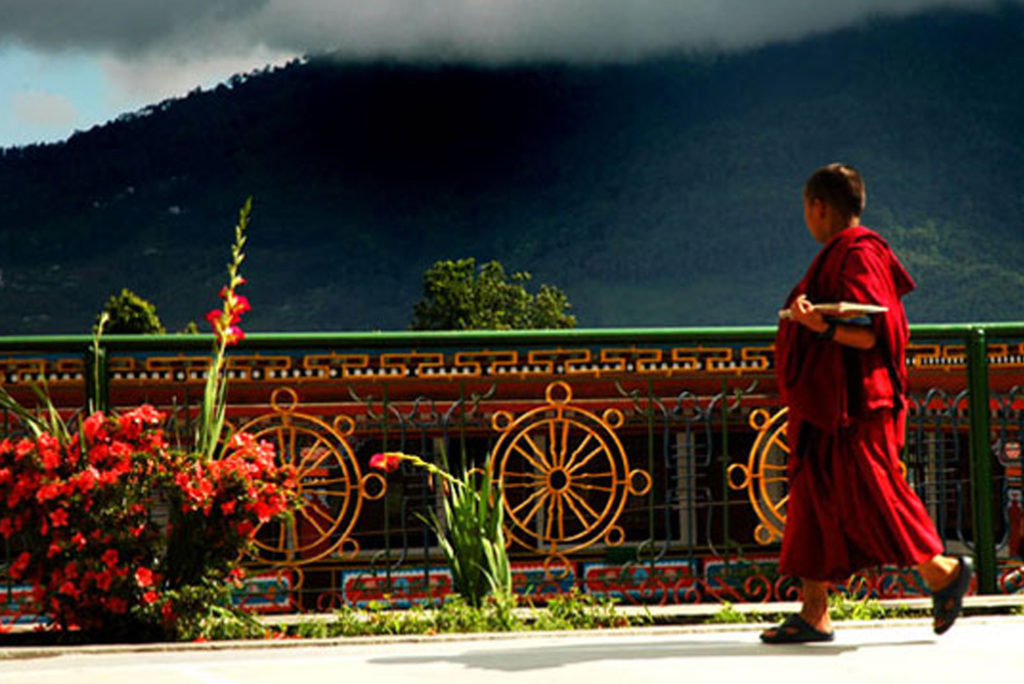
Therigatha – A Brief Note on Introduction and Translation by Charles Hallisey
Therigatha (Poems of the first Buddhist women) is the extant anthology of the poems of the Buddhist women. Judging by the history, it is the first anthology of poems by women in the world.
It has many firsts, but the most remarkable are that it is the first collective voice of the liberated women in the history of the world.
First, let us try to locate its position in the vast geography of the Pali canonical literature which is divided into Tripitaka and extra-Tripitaka categories.
The Therigatha is the part of Kuddakanikaya of the Suttapitaka of the Tripitaka. Therigatha is the work of art and poetry.
Charles Hallisey is no ordinary translator of the classical language into modern languages, he does with Therigatha more than just the translation but gives both the literary and dhammic keys to the reader to appreciate not only the content of the poems but the style and metric structure in his introduction.
This way of reading the poems, and they are not ordinary poems, is like entering into a different dimension of experience and beauty.
The poems are highly charged not only with their emancipatory zeal but also with the highest literary devices that includes metaphors and the structures of verses themselves.
Hallisey also makes a subtle point of Therigatha in their contemporary importance when he cites “Dalits” looking at this texts as “revolutionary” texts.
Therigatha is indeed an emancipatory text which also narrates and shows how women organised themselves into collective groups and maintained close contacts with these small groups forming the community of women coming from all walks of life.
Charles Hallisey also includes short biographies of the women who uttered these emancipatory poems and they are remarkable.
Their individual struggles to see freedom in the middle of the society of hostile and patriarchal society are heroic and inspiring.
We will just take one motif “poem” of the Bhikkhuni named Chanda who endured endless social suffering and poverty; and finally attained freedom following the Buddha’s Dhamma, as Charles Hallisey narrates in his magnificent introduction.
Chanda’s Gatha:
In the past, I was poor, a widow, without children,
without friends or relatives, I did not get food or
clothing.
Taking a bowl and stick, I went begging from family to family,
I wandered for seven years, tormented by cold and
heat.
Then I saw a nun as she was receiving food and drink.
Approaching her, I said, “Make me go forth to homelessness.”
And she was sympathetic to me and Patachara made me go forth,
she gave me advice and pointed me toward the highest goal.
I listened to her words and I put into action her advice.
That excellent woman’s advice was not empty,
I know the three things that most don’t know,
nothing fouls my heart.
This poem shows the compassion of Patachara and how the Bhikkhunis looked after each other and each other’s emancipation, but perhaps the most important aspect is Chanda’s challenge to Brahminism, when she claims that she knows three things (Tevijja) snubbing the Brahminism of that time that women cannot know Tevijjja (the knowledge of three vedas).
In Pali canons, there is a Tevijja Sutta where the Buddha deconstructs and ridicules the Brahminical notion of Tevijja and instead offers his three ideas: The ability to know one’s past, the ability to know one’s future, and the ability to know one’s own moral corruptions.
Chanda attained the highest three pieces of knowledge and she had not only challenged the old system of subjugation but also freed herself from the prison by penetrating the nature of reality.
There are many poems in the Therigatha and all of them have emancipatory flavour. This book can become a constant companion of the truthseekers along-with the Dhammapada.
Once one enters into the heart of its beauty and truth, they can remain there forever but grow within as the true human beings.
Author – Mangesh Dahiwale, Human Rights Activist



+ There are no comments
Add yours